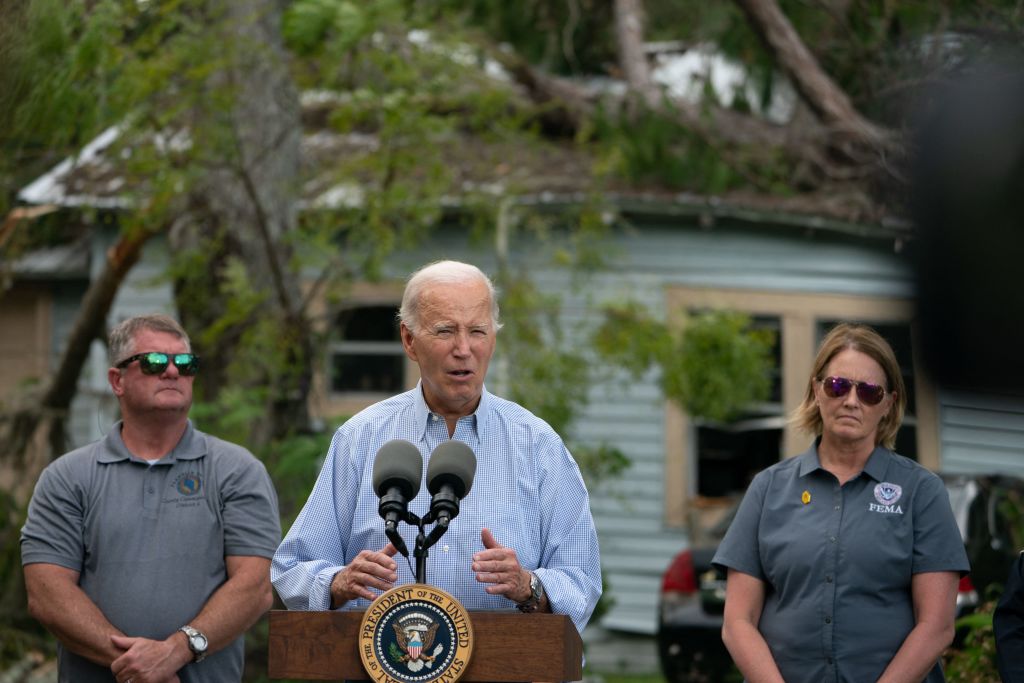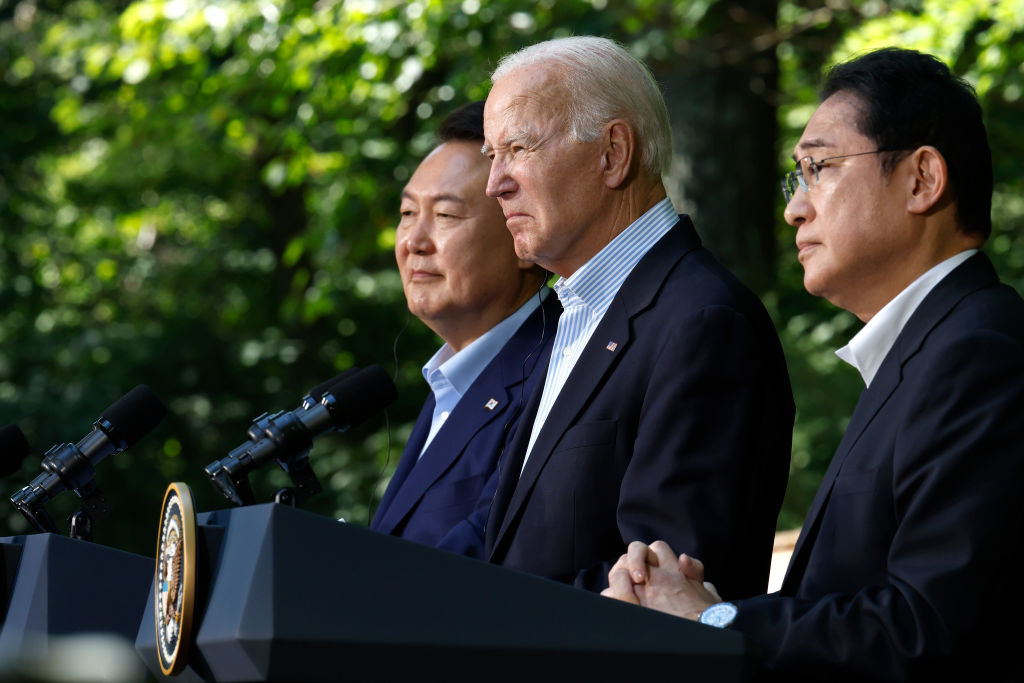South Koreans suddenly become younger thanks to new 'international age' law


A free daily email with the biggest news stories of the day – and the best features from TheWeek.com
You are now subscribed
Your newsletter sign-up was successful
Over 50 million South Koreans are now up to two years younger than before, according to a new law. The new rule does away with "Korean age" and "calendar age" and adopts "international age" in "all judicial and administrative areas," CNN reported. South Korean President Yoon Suk Yeol advocated strongly for the change citing "unnecessary social and economic costs" associated with the Korean age, per BBC.
Previously, South Korea had three age systems. Under Korean age, a person is considered one year old when they're born with a year added on every January 1. Under calendar age, also called counting age, a person is considered zero years old when they're born with a year added on every January 1. International age is the system used widely around the world which is when a person is considered zero years old when they're born and add a year on every birthday. Because of the different definitions, a person could be considered three different ages at the same time.
The new law is expected to "reduce various social confusions and disputes," and "greatly reduce social costs that have been unnecessary due to the mixed use of age standards," said Lee Wan-kyu, the Minister of Government Legislation, at a news briefing. However, some systems, like the legal age of alcohol and tobacco purchases as well as the age of mandatory military service, will still rely on the year a person was born rather than the date, CBS News wrote.
The Week
Escape your echo chamber. Get the facts behind the news, plus analysis from multiple perspectives.

Sign up for The Week's Free Newsletters
From our morning news briefing to a weekly Good News Newsletter, get the best of The Week delivered directly to your inbox.
From our morning news briefing to a weekly Good News Newsletter, get the best of The Week delivered directly to your inbox.
A free daily email with the biggest news stories of the day – and the best features from TheWeek.com
Devika Rao has worked as a staff writer at The Week since 2022, covering science, the environment, climate and business. She previously worked as a policy associate for a nonprofit organization advocating for environmental action from a business perspective.
-
 Why are election experts taking Trump’s midterm threats seriously?
Why are election experts taking Trump’s midterm threats seriously?IN THE SPOTLIGHT As the president muses about polling place deployments and a centralized electoral system aimed at one-party control, lawmakers are taking this administration at its word
-
 ‘Restaurateurs have become millionaires’
‘Restaurateurs have become millionaires’Instant Opinion Opinion, comment and editorials of the day
-
 Earth is rapidly approaching a ‘hothouse’ trajectory of warming
Earth is rapidly approaching a ‘hothouse’ trajectory of warmingThe explainer It may become impossible to fix
-
 10 things you need to know today: September 4, 2023
10 things you need to know today: September 4, 2023Daily Briefing Erdogan and Putin meet in effort to rejuvenate Ukraine grain deal, Biden heads to Philadelphia for pro-union Labor Day celebration, and more
-
 10 things you need to know today: September 3, 2023
10 things you need to know today: September 3, 2023Daily Briefing Biden visits Florida in the aftermath of Hurricane Idalia, former New Mexico governor Bill Richardson dies at 75, and more
-
 Nobody seems surprised Wagner's Prigozhin died under suspicious circumstances
Nobody seems surprised Wagner's Prigozhin died under suspicious circumstancesSpeed Read
-
 10 things you need to know today: August 19, 2023
10 things you need to know today: August 19, 2023Daily Briefing Hurricane Hilary bringing unprecedented storm warnings to Southwest, US enhances security ties with South Korea and Japan amid rising Asian tensions, and more
-
 Western mountain climbers allegedly left Pakistani porter to die on K2
Western mountain climbers allegedly left Pakistani porter to die on K2Speed Read
-
 10 things you need to know today: August 13, 2023
10 things you need to know today: August 13, 2023Daily Briefing Maui blaze becomes deadliest wildfire in a century as death toll rises to 93, Trump and DeSantis face off at Iowa state fair, and more
-
 'Circular saw blades' divide controversial Rio Grande buoys installed by Texas governor
'Circular saw blades' divide controversial Rio Grande buoys installed by Texas governorSpeed Read
-
 Los Angeles city workers stage 1-day walkout over labor conditions
Los Angeles city workers stage 1-day walkout over labor conditionsSpeed Read
